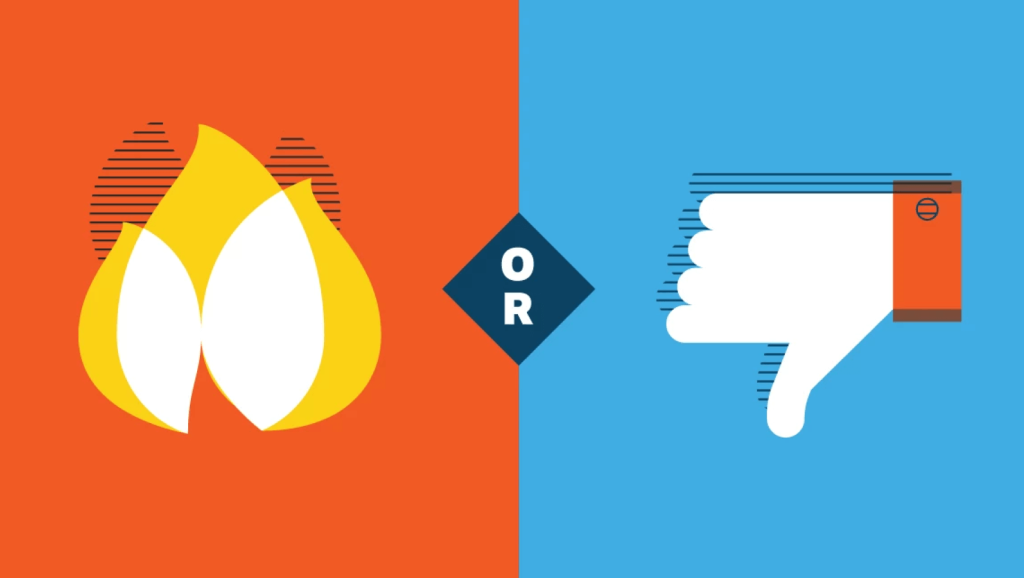
We have to admit that the hotel world is complex, absorbing and very fast-paced. There is a fierce debate about the best solutions and complex tools that will allow a residual improvement in revenue to be achieved – what we sometimes call “fairy dust”.
NB: This is an article from Guestcentric
Subscribe to our weekly newsletter and stay up to date
Personally, I find myself thinking more and more about a fundamental aspect of the business – which has the potential to define the commercial success of a hotel and which is often neglected: branding.
I think it’s worth starting by defining branding – to understand why you should really spend your time thinking about it. Perhaps it is easier to say what branding is not: it is not a logo, although it is part of branding; and it is not a product, a service or a promise. A company’s branding is a result: it is the feeling and perception generated in each person, by the brand story that is told, demonstrated and/or experienced.
A few years ago, Canon did a fantastic experiment: they hired 5 photographers to photograph the same subject. There was only one difference in the process: it told a different story, about who the subject was, to each photographer. The result was spectacularly different. When they combined the photographers and their results, it didn’t even look like they had photographed the same person.
That’s what branding is: a unique story told to people who receive it – and react to it – differently. And that is why companies materialize and document their brand – whether in visual terms, language, textures or music – in a document called, even today, “Brand Book”.
Part of my job is overseeing the development of new websites for Guestcentric clients and the numbers never cease to amaze me. Only 1 in 150 hotels has a comprehensive brand book. And only 1 in 50 hotels even has a manual for using the logo. This data – which reflects the reality in more than 50 countries – reveals the urgent need for a renewed focus on the importance of branding.
When a hotelier dreams of a new project, he instinctively starts with branding – he knows how to explain why he wants to lead that project; how you will make it unique and differentiating from the competition; and how it will dazzle and delight your guests…at this stage, the branding is present and very much alive. And that’s good!




